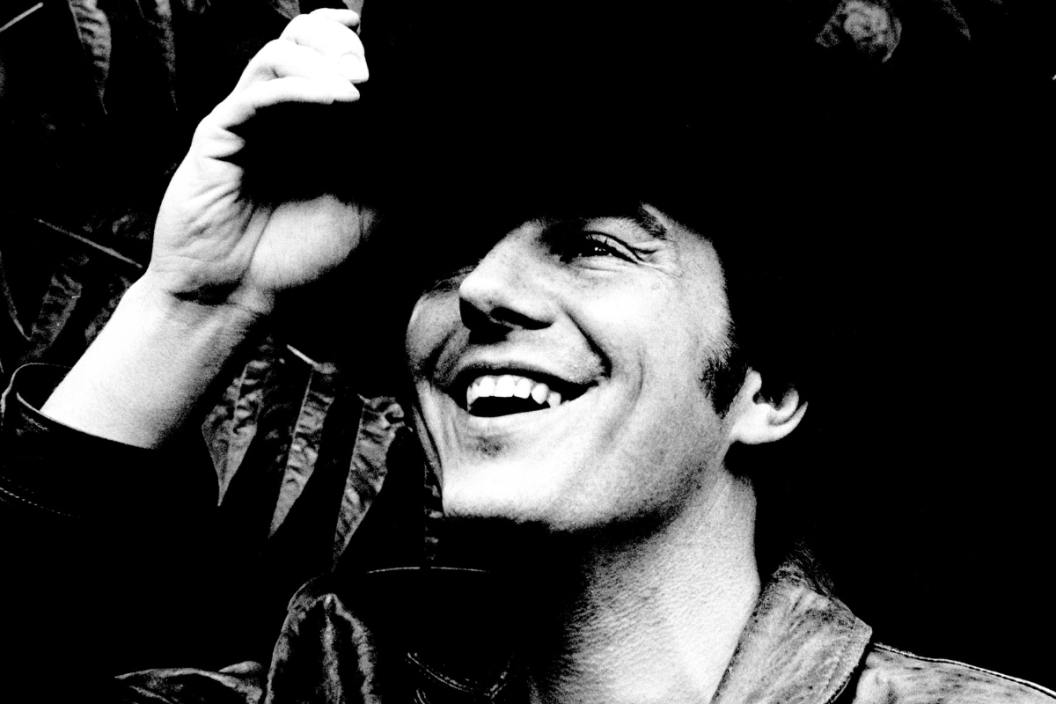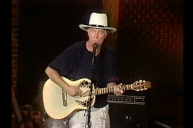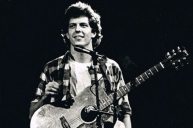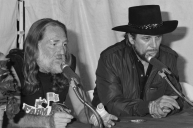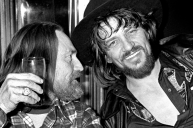Editor's Note: This article was originally published in 2017. We're sharing it again as part of our Texas Month.
In 1973, on a warm August night, a group of Texas renegades gathered in the Luckenbach, Texas dance hall to record a live album unlike anything in the history of country music. Simultaneously rowdy and tender, Jerry Jeff Walker's Viva Terlingua was a love letter to the Lone Star State and the symbolized the emerging outlaw country movement.
Recorded with Walker's faithful comrades, the Lost Gonzo Band, the album celebrated Texas songwriters like Guy Clark and Ray Wylie Hubbard. It also announced Walker's transformation from a Greenwich Village folkie to a tried and true Texas troubadour.
Desperados, Armadillos and Redneck Mothers
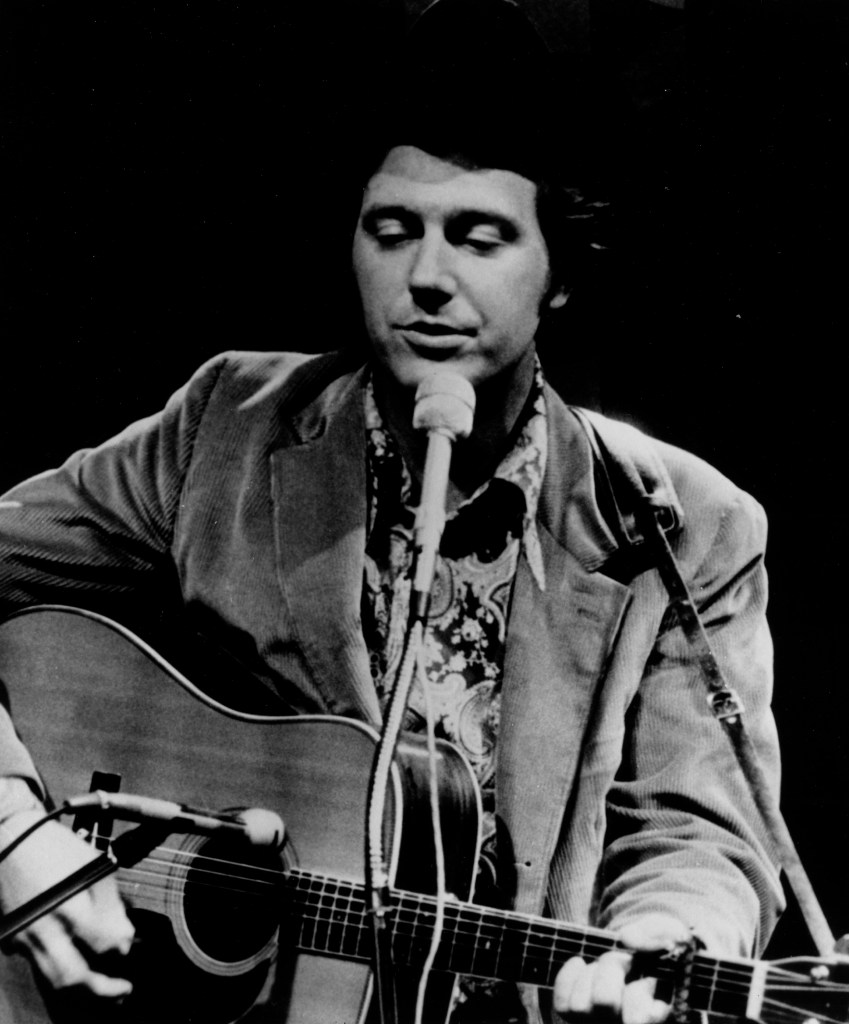
Photo by Michael Ochs Archives/Getty Images
At the dawn of the 1970s, Jerry Jeff Walker was most famous for penning "Mr. Bojangles," the oft-covered folk song about a tap dancing drifter. But as the decade progressed, Walker became indoctrinated into the Texas scene. And nowhere in the Lone Star state was more dear to Walker's heart than Luckenbach.
Walker befriended Luckenbach mayor Hondo Crouch, who had just purchased the town and created a haven for hippies and cowboys alike. Four years before Willie and Waylon introduced the Texas hamlet to the world with "Luckenbach, Texas (Back to the Basics)," Luckenbach was the Hill Country's best kept secret. It was the site of "hug-ins," chili festivals, story swaps and an endless stream of guitar pickers and songs. It was just the place Walker was looking for.
Taking the album title from a bumper sticker plastered to the saloon wall, Viva Terlingua was born. Walker decided to hold a Saturday night concert at the Luckenbach dance hall. The cost for admission? One dollar. By the end of the night 900 people had shown up, including future Texas governor Ann Richards.
Both the songs and the setting were made for a rowdy crowd. The album kicks off with "Gettin' By," in which "scamp Walker" documents his lifestyle as a fly-by-night recording artist.
Perhaps the album's most famous offspring is the Ray Wylie Hubbard-penned "Up Against the Wall (Redneck Mother)," a comical send-up of all the good ol' boys who had tormented "longhairs" like Hubbard for years. We're also partial to "Sangria Wine."
Though Walker wrote five of the songs on the album, Viva Terlingua served to bring attention to his fellow Texas songwriters like Michael Martin Murphey, whose culture-defining Geronimo's Cadillac was released a year prior.
Viva Luckenbach
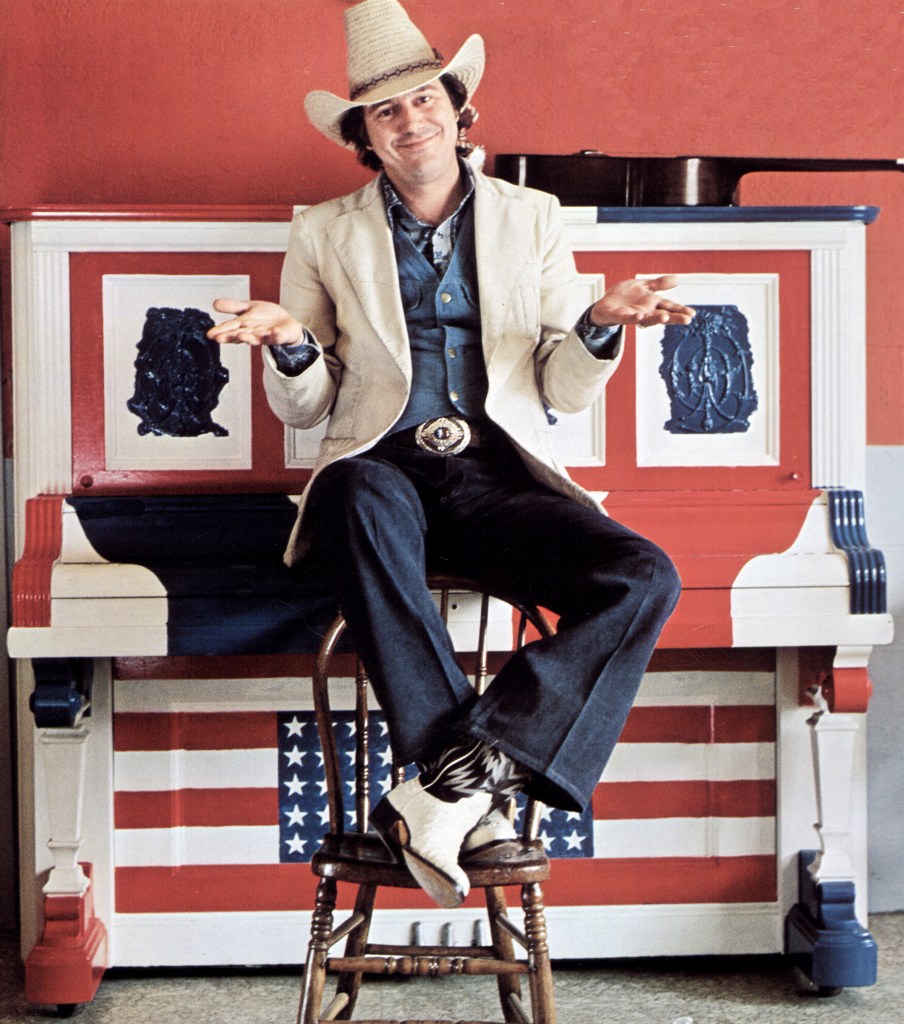
Photo by GAB Archive/Redferns
Listening to the Luckenbach crowd sing along to Gary P. Nunn's album-closer "London Homesick Blues," it's easy to see how Viva Terlingua became a cultural phenomenon in Texas. The time was right. Waylon's Honky Tonk Heroes had just been released and Willie had formally announced his arrival to the Texas scene with Shotgun Willie. Texas Monthly writer and author of the cosmic cowboy bible The Improbable Rise of Redneck Rock Jan Reid had described Austin as "America's next cultural sub-capital."
But while Willie and Waylon had made Texas albums for the rest of the country, the outlaw scene's favorite Texas transplant seemed to sing solely for the Texans. Both fresh-faced college kids and weathered bikers gravitated toward Walker's brand of laid back, freewheeling country rock music. And those that came of age to the sounds of "Redneck Mother" passed the album on to their kids, who faithfully carried the sound into the '90s.
In 1993, Walker and the Lost Gonzo Band returned to Luckenbach for Viva Luckenbach, a re-recording of the iconic album. The Gonzos were a little older and the admission price was a steeper $50. But their spirits were as high as ever. Even twenty years later, it was clear. On that night in 1973 in Luckenbach, Viva Terlingua had captured the heart of Texas and a piece of outlaw country history was born.
READ MORE: The Cosmic American Legacy of Gram Parsons
